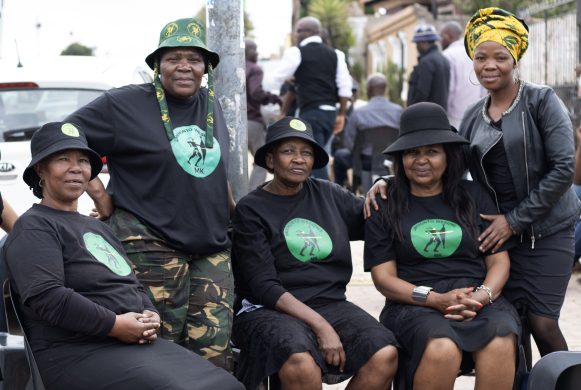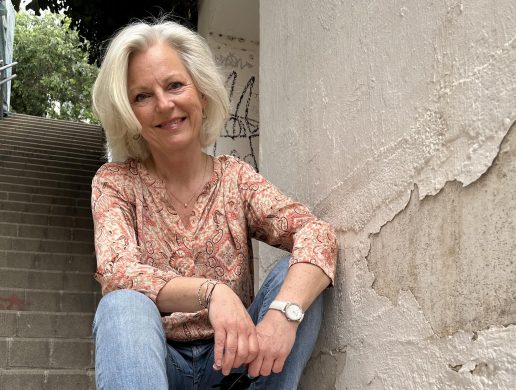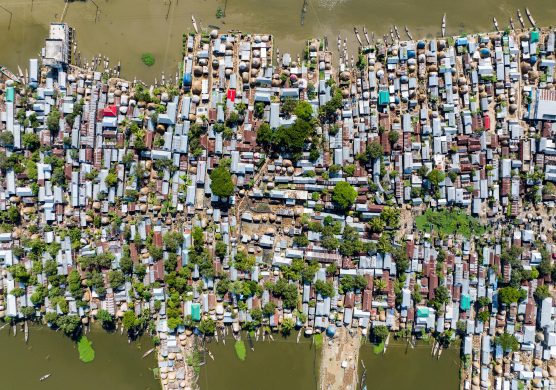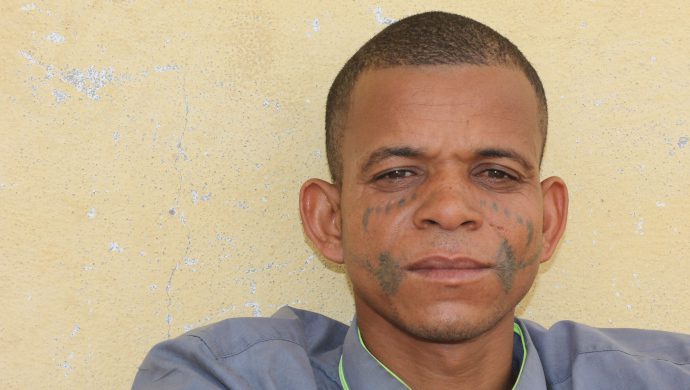FNs Menneskerettigheds Komité sluttede fredag sin 99. session, hvor der blev stillet skarpt på Cameroun, Colombia, Estland og Israel. Der var ros til alle landene for de fremskridt, der var gjort siden den seneste periodiske rapport, men for alle andre end Estland blev den fulgt af en skarp kritik blandt andet for udenomsretlige henrettelser begået af politistyrkerne og grove krænkelser af kvinders rettigheder.
GENEVA, 30 July 2010: In concluding observations on the fourth periodic report of Cameroon, the Committee welcomed the ratification of a number of instruments aimed at protecting and promoting human rights including the Optional Protocol to the Convention on the Elimination of All Forms of Discrimination against Women. However, the Committee remained concerned about the status of women in the country including violence against women, child marriage, female genital mutilation and the rights of women under customary law. The Committee also expressed concerns about the rights of journalists and freedom of expression, conditions in prisons, reports of extrajudicial killings by police forces and reports that the use of torture remained widespread in the country. The Committee urged Cameroon to bring its legislation into conformity with the Covenant, investigate all allegations of torture and extrajudicial killings, and improve the quality of food and healthcare in prisons.
Among positive aspects in the sixth periodic report of Colombia, the Committee noted Colombia’s continued collaboration with the Office of the High Commissioner for Human Rights since the establishment of an office of the High Commissioner in the country in 1997. The Committee also considered as positive the country’s collaboration with the Special Rapporteurs, Independent Experts and working groups of the United Nations human rights system. The Committee expressed its profound concern about persistent grave human rights violations, in particular extrajudicial executions, forced disappearances, torture, rape and the recruitment of children into armed conflicts. The Committee underlined that Colombia must respect its obligations arising from the Covenant as well as from other international instruments, including the Rome Statute of the International Criminal Court, investigate grave violations of human rights and of international humanitarian law and sanction such violations with appropriate sentences which take into account the gravity of the acts committed.
In concluding observations on the third periodic report of Estonia, the Committee welcomed the adoption of numerous legislative measures by the State party, including changes to the penal code and the adoption of a new Criminal Code of Procedure, as well as the ratification of several international instruments, including protocols to abolish the death penalty, to prevent trafficking in persons and the smuggling of migrants. Among principal concerns was the prevalence of discrimination against women, the persistence of the phenomenon of human trafficking in the State party, the rights of mentally disabled persons in the criminal justice system and employment and income inequality for the Russian-speaking minority. The Committee recommended that Estonia take effective measures to ensure gender equality via legislation, enforcement and awareness raising; prosecute, sentence and punish perpetrators of human trafficking; train judges and lawyers on the rights of disabled persons tried in criminal courts; and strengthen measures to integrate the Russian-speaking minority.
Regarding the third periodic report of Israel, the Committee was pleased to note the country’s ratification of both Optional Protocols to the Convention on the Rights of the Child as well as the adoption of other legislative measures to strengthen human rights. Committee Experts voiced concern about violations of international human rights law during the military offensive in the Gaza Strip, extrajudicial killings and the use of torture, the continued demolition of homes, and the treatment of Bedouin communities. The Committee urged Israel to conduct credible investigations into human rights violations, end the use of extrajudicial killings, incorporate the crime of torture into its legislation, cease its practice of punitive home demolitions, and respect the Bedouin population’s right to ancestral homelands and traditional agricultural livelihood.
The Committee also held public meetings to consider progress reports on follow-up to its concluding observations and to Views (the Committee’s decisions on individual communications) and to continue a first reading of a draft General Comment on article 19 of the Covenant pertaining to freedom of opinion and expression.
The Committee also adopted revised reporting guidelines for States parties which outline the kind of information and data that should be provided by State parties under each single article of the Covenant.
At the last meeting, Yuji Iwasawa, the Committee Chairperson, announced the results of the Committee’s work at its ninety-ninth session. The Committee had considered 26 individual communications (complaints by individuals that their rights under the Covenant had been violated by one of the 113 States signatories to the Optional Protocol) on admissibility issues. The Committee ruled that 2 cases were admissible and found 6 inadmissible. The Committee had also considered 14 cases on the merits, adopting 14 Views in which they had found violations. Four cases had been discontinued.
In October 2009 the Committee had adopted a new optional reporting procedure applicable to the second periodic report onward in which a list of issues was sent to the State parties. The countries’ written replies to these issues were then considered as their report. The modalities of this new procedure had been worked out and it would come into operation in due course. The Committee had also adopted new revised guidelines applicable to States parties’ initial reports; Mr. Iwasawa said he believed these revised guidelines would be very helpful to States parties developing their initial reports. The Committee also made progress during this session on the draft general comment on article 19 pertaining to the freedom of opinion and expression; the Committee had reviewed 36 of the 54 paragraphs in the draft general comment.
The upcoming session in October would be the 100th session of the Committee and it decided to hold a commemorative meeting on October 29th at the Palais de Nations, to reflect on the accomplishments of the Committee and to discuss the way ahead.
During its next session, to be held from 11 to 29 October 2010 in Geneva, the Committee is scheduled to consider reports from Belgium, El Salvador, Hungary, Jordan and Poland.














